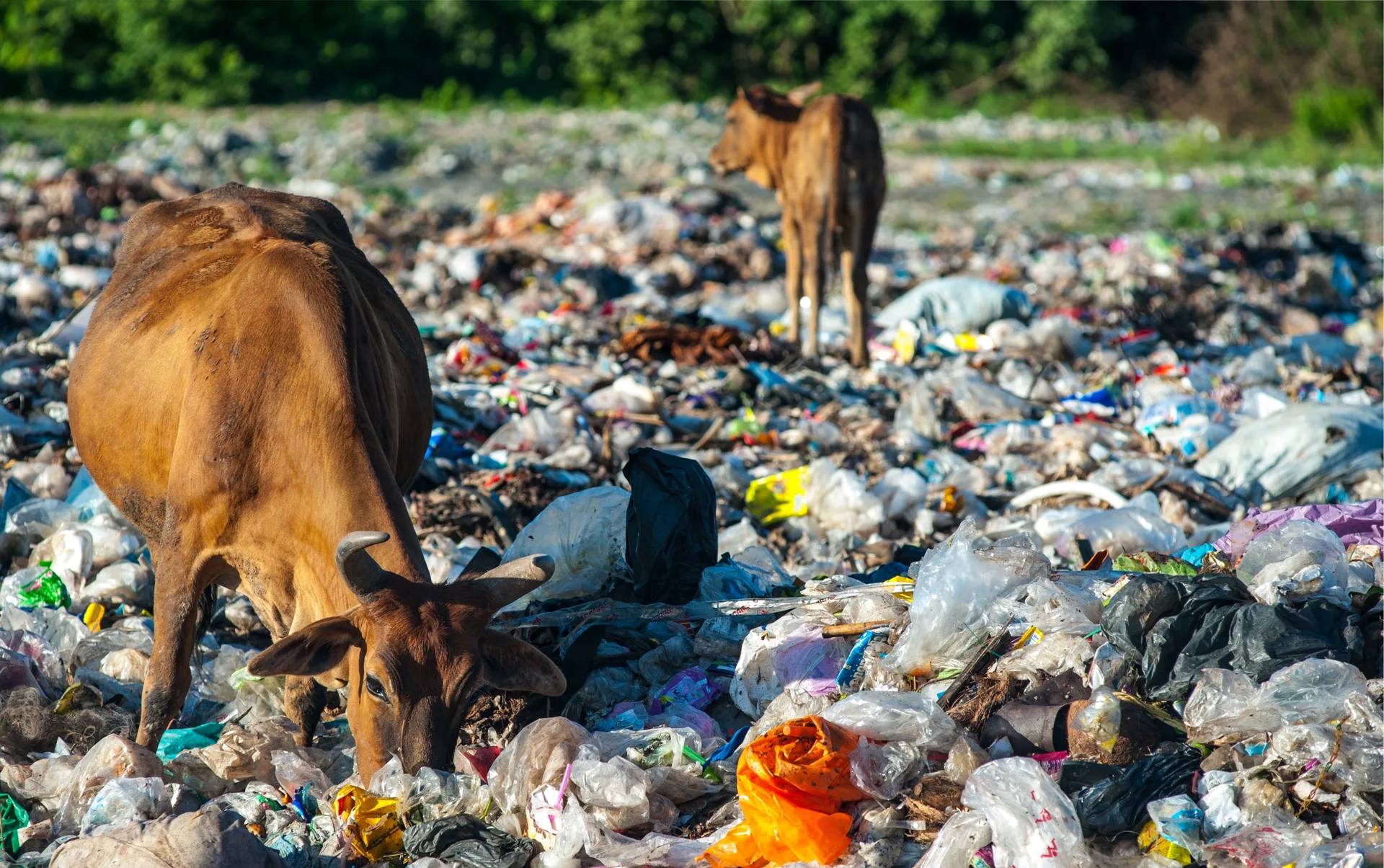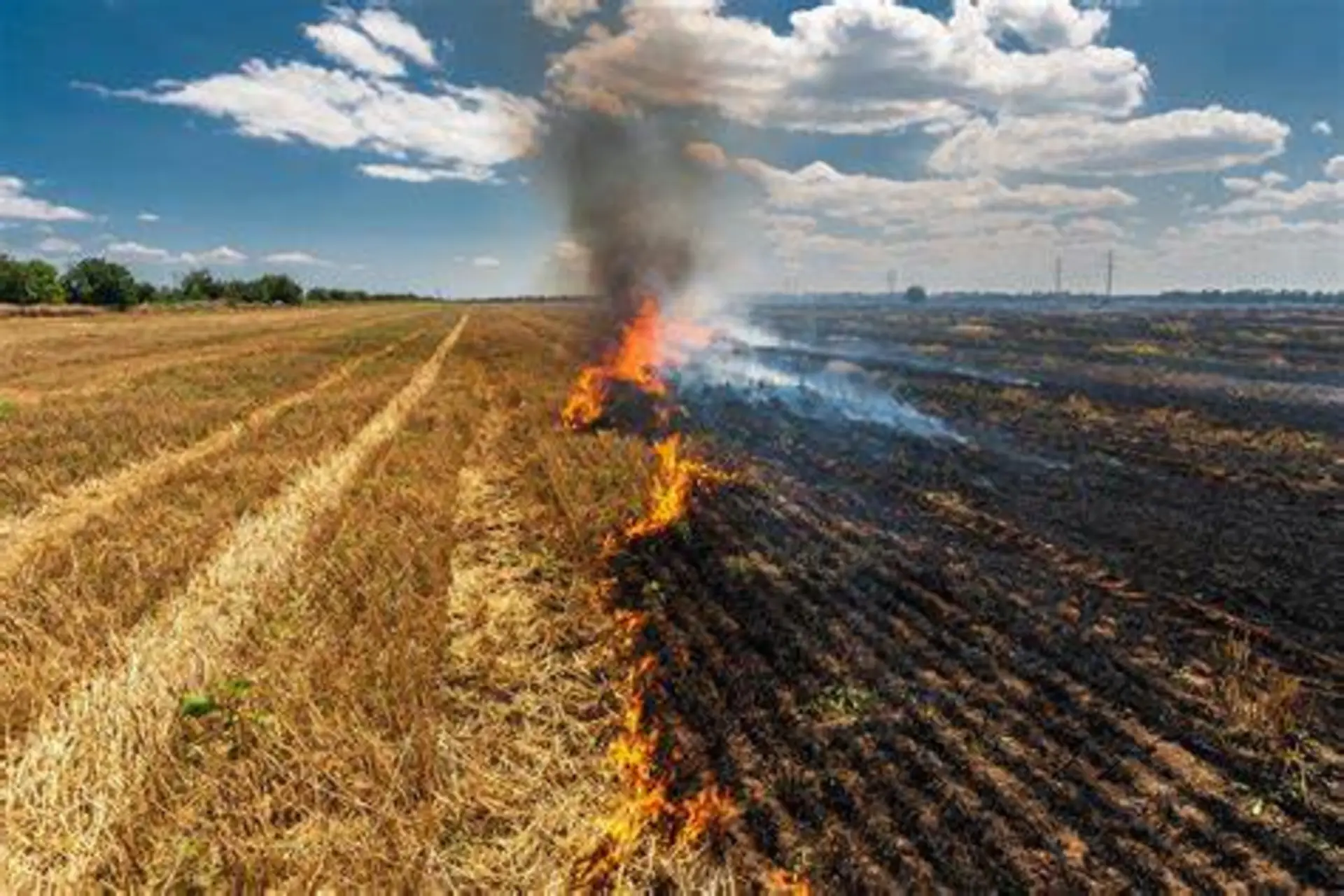
Farmers in Haryana will no longer be able to burn wheat stubble after the harvest, as the state's Agriculture Department announces strict enforcement measures against the practice. Officials have warned that violators will face heavy fines and strict action from district administrations across the state.
Dr. Wazir Singh, Deputy Director of Agriculture for Karnal district, announced that burning crop residue will result in severe penalties. "We have already registered wheat crops on 4 lakh 5 thousand acres of land in Karnal district through the 'Meri Fasal Mera Byora' portal," said Dr. Singh. "Some farmers burn the leftover stubble after harvesting wheat, which not only pollutes the environment but also increases the risk of accidents due to smoke."
The Agriculture Department has formed 70 specialized teams to tackle the issue. These teams will visit villages throughout the district to engage directly with farmers, educating them about the harmful effects of stubble burning and alternative methods for managing crop residue.
"We have provisions to impose fines up to ₹30,000 on those caught burning crop residue," Dr. Singh emphasized. "The department is keeping a vigilant eye on such incidents, and strict action will be taken against any farmer found violating these regulations."
The initiative comes as part of broader efforts to combat air pollution in northern India, where stubble burning has been identified as a significant contributor to poor air quality, particularly during the post-harvest seasons. Environmental experts have long pointed to the practice as a major source of particulate matter and harmful gases that affect not only rural areas but also contribute to smog in nearby urban centers.
Officials are also actively encouraging farmers to adopt alternative methods for managing crop residue, including the use of machinery like happy seeders, super seeders, and mulchers that can incorporate stubble back into the soil, improving its quality while avoiding the need for burning.
The Agriculture Department has appealed to farmers to cooperate with these measures and consider sustainable alternatives that would benefit both the environment and agricultural productivity in the long run.














